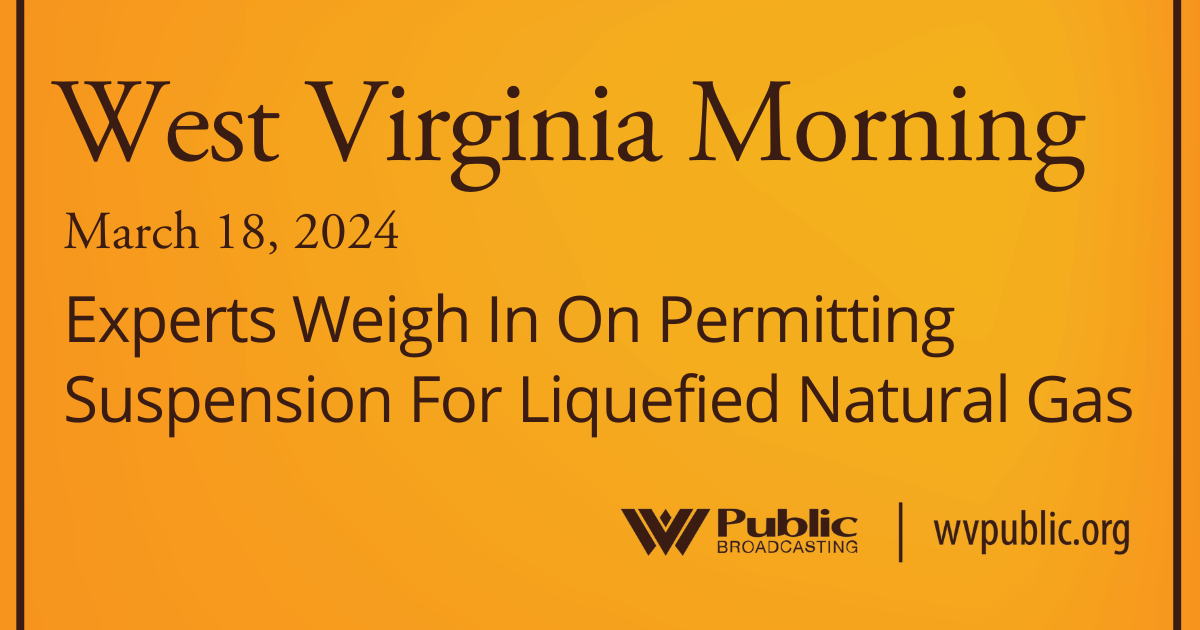Daelim Chemical USA, a major investment partner in a proposed ethane cracker plant in Belmont County, Ohio, across the river from Moundsville, West Virginia, announced on Tuesday that it is exiting the project.
In a joint statement with PTTGC America LLC, the Thailand-based company driving the project in the Ohio Valley, an executive said that despite Daelim’s withdrawal, the project remains a “top priority.”
“We are in the process of seeking a new partner whilst working toward a final investment decision,” the head of PTTGC America, Toasaporn Boonyapipat, said. “We look forward to making an announcement by the end of this year or early next year on this transformative project for the Ohio Valley Region. We wish Daelim well and appreciate its contributions to our effort.”
The proposed Belmont County cracker plant has been in the works for a few years and has faced a growing backlash from some in the local community who fear the project could fuel a new petrochemical industry that could be harmful for the climate and health and safety of residents.
In 2018, Daelim announced it was partnering with PTTGC America on the project. The companies purchased 500 acres of land along the Ohio River in Dilles Bottom, where a coal-fired power plant once operated.
If constructed, the plant would take ethane — a product of natural gas — and produce up to 1.5 metric tons annually of ethylene, a feedstock used in plastics and chemical manufacturing. The plant’s air permit estimates the cracker would produce the equivalent carbon dioxide emissions of putting about 365,000 cars on the road.
According to PTTGC America, the project would invest $47.5 million over 15 years in education and other community needs while also generating more than $20 million in sales tax revenue during construction.
In their statement, both companies cited the economic uncertainty tied to the COVID-19 pandemic, including oil price volatility, as reasons for rethinking the investment in the Ohio Valley.
A recent report by the Trump administration found expanding the Ohio Valley’s petrochemical industry could be an unprecedented source of economic opportunity and growth when the county, and region, eventually emerge from the COVID-19 pandemic.
However, recent analyses by the Institute for Energy Economics and Financial Analysis, a think tank whose mission is to accelerate the transition to a diverse and sustainable energy economy, found changing market conditions, exacerbated further by the coronavirus pandemic, call into question the economic viability of petrochemical investments in the Ohio Valley, including Shell’s Monaca cracker plant, currently under construction near Pittsburgh in Beaver County, Pennsylvania.
